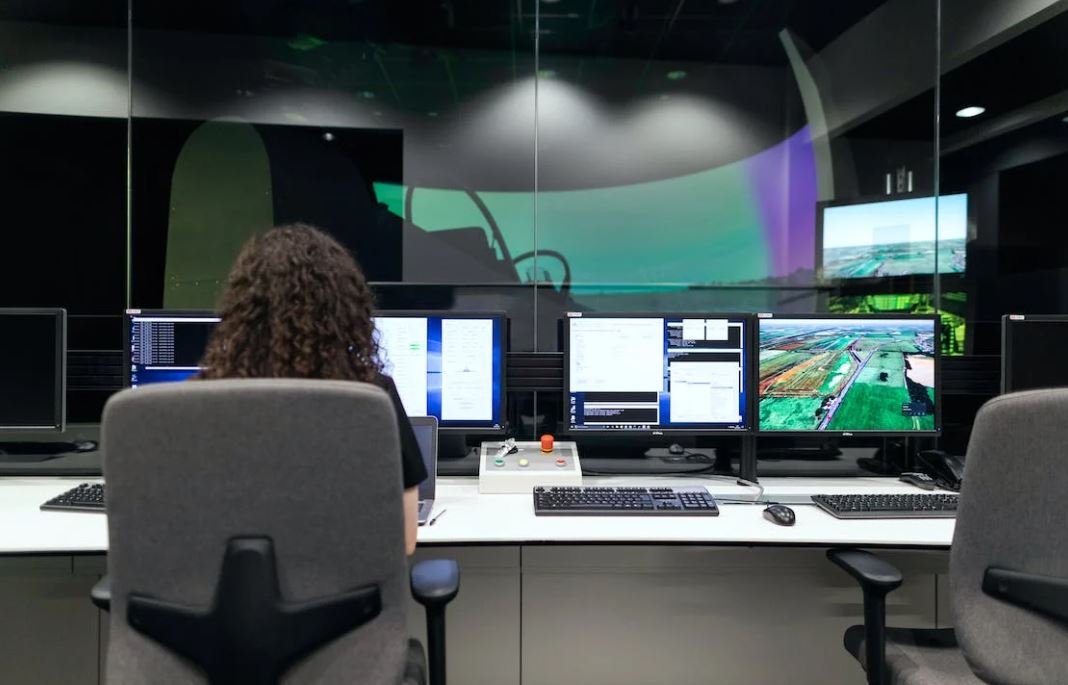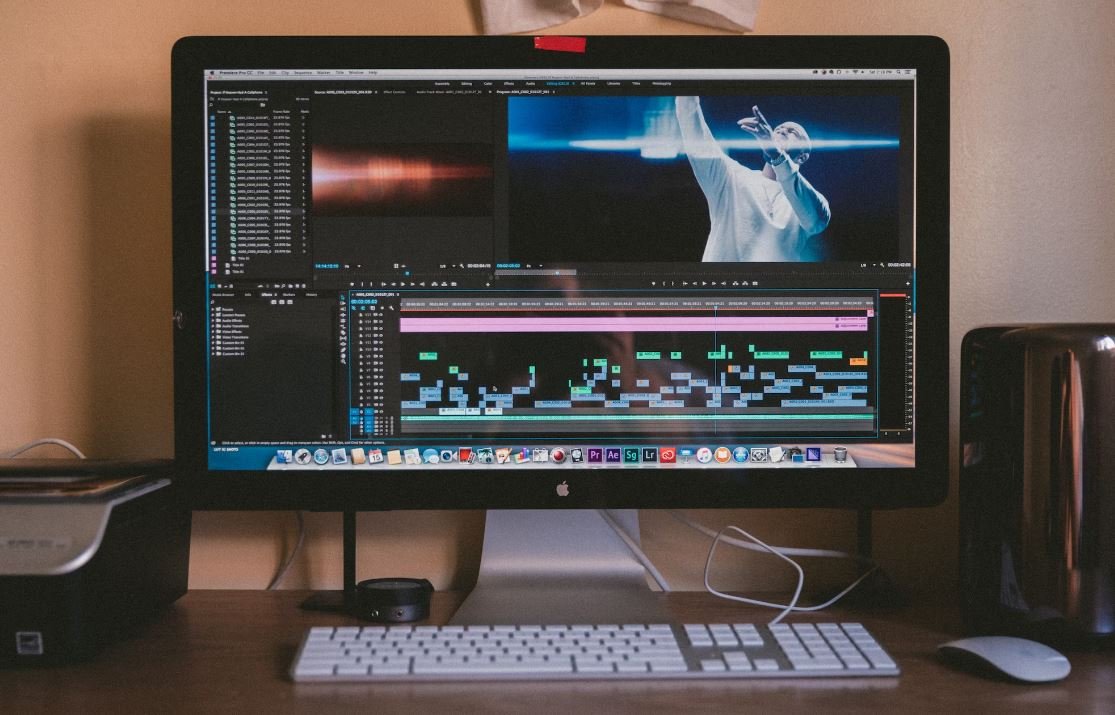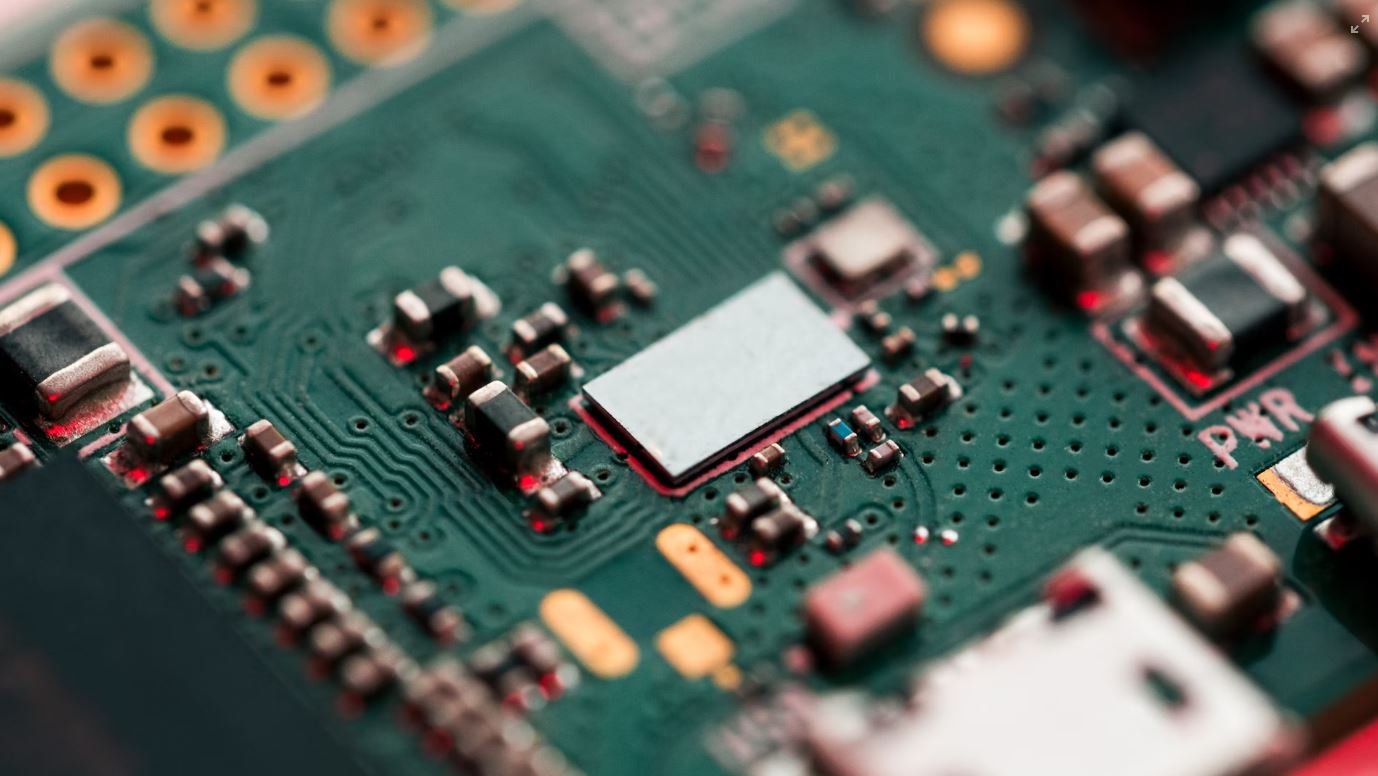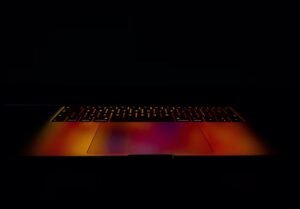Are AI Models Infringing Copyright?
With the rapid development of artificial intelligence (AI) models, questions surrounding their potential infringement of copyright have emerged. As AI models become more sophisticated in creating original works, it raises concerns about whether these creations are protected under copyright laws.
Key Takeaways
- AI models can generate original works, raising concerns about copyright infringement.
- Copyright laws protect original creations but may not explicitly address AI-generated content.
- Legal implications of AI models infringing copyright are still evolving.
AI models, such as deep learning neural networks, have demonstrated impressive capabilities in generating content, including artwork, music, and text. These AI-generated creations are often highly realistic and indistinguishable from human-produced works. However, the source of this creativity raises questions about ownership and intellectual property rights.
AI-generated content challenges the traditional notions of authorship and raises questions regarding the legal ownership of these creations. Copyright laws typically protect original works created by human authors, explicitly granting them exclusive rights to reproduce, distribute, and display their creations.
As AI models do not possess legal personhood, determining the ownership of AI-generated content becomes complex.
Currently, there is no clear consensus regarding the legal status of AI-generated content. Copyright laws may not explicitly encompass AI models’ output, which creates uncertainty in identifying the rights and obligations surrounding this type of content.
AI models are generally trained on vast amounts of existing copyrighted material, which raises concerns about potential infringement. Even if an AI model creates a new work, it may still draw inspiration or replicate elements from existing copyrighted works. This raises questions about derivative works and fair use.
Legal Implications
Legal implications surrounding AI models‘ infringement of copyright are still evolving. Courts and legal systems are currently grappling with complex questions and establishing precedents regarding the rights and obligations associated with AI-generated content.
There is an ongoing debate within legal circles about whether AI-generated content should be protected under copyright law.
To address the challenges posed by AI models, lawmakers may need to consider revisiting existing copyright laws to ensure adequate protection for original AI-generated works. Furthermore, exploring alternative legal frameworks specifically tailored to AI-generated content may be necessary.
The Way Forward
As technology continues to advance at an unprecedented pace, it is crucial to evaluate and adapt legal frameworks to address the challenges posed by AI-generated content. This includes redefining the concept of authorship and intellectual property rights to encompass non-human creators.
Collaboration between legal experts, policymakers, and technology developers is imperative to strike the right balance between encouraging innovation and safeguarding creative rights. Finding appropriate solutions that ensure fairness and equitable treatment for all stakeholders involved will be critical in shaping the future of AI-generated content.
By addressing the legal implications of AI models‘ infringement of copyright, we can create a framework that protects creators and promotes innovation.

Common Misconceptions
There are several common misconceptions that people have regarding whether AI models are infringing copyright. It is important to clarify these misconceptions to have a better understanding of the role of AI in copyright infringement.
Misconception 1: AI models are copying copyrighted content
One common misconception is that AI models directly copy copyrighted content. However, AI models do not replicate entire copyrighted works. They are trained using data sets that are curated and created by humans, but the output generated by an AI model is a new creation based on patterns and information learned from the training data.
- AI models do not copy and paste copyrighted content.
- Training data consists of various sources, not only copyrighted content.
- The output generated by AI models is a new creation.
Misconception 2: AI models are automatically infringing copyright
Another misconception is that any output generated by an AI model without explicit permission from the copyright holder is automatically considered copyright infringement. However, copyright law typically protects the expression of an idea, not the idea itself. The AI-generated output could be considered a derivative work or transformative use, which may be subject to fair use exemptions.
- Copyright law protects expression, not just ideas.
- AI-generated output can be transformative and subject to fair use exemptions.
- Automatic copyright infringement is not applicable to AI-generated content.
Misconception 3: AI models are immune to copyright law
Some people believe that AI models are exempt from copyright law and can freely use copyrighted content. However, AI models are tools created and used by individuals or organizations. The responsibility for compliance with copyright law lies with the owner or user of the AI model, not the AI model itself.
- AI models are tools, and the user is responsible for compliance with copyright law.
- AI models are not immune to copyright law.
- Responsibility for copyright compliance lies with the owner or user.
Misconception 4: AI models always require copyright licenses
There is a misconception that AI models always require copyright licenses to be used legally. While there may be cases where a copyright license is necessary, AI models can also operate within the boundaries of fair use exemptions or other legal frameworks that allow for limited use of copyrighted materials.
- Not all uses of copyrighted materials by AI models require licenses.
- Fair use exemptions can apply to AI models.
- Legal frameworks exist to allow limited use of copyrighted materials by AI models.
Misconception 5: AI models are creating a future without copyright
Some fear that AI models will lead to a future where copyright becomes obsolete. However, copyright laws continue to evolve to address emerging technologies. AI models are not changing the fundamental principles of copyright law but rather creating new challenges that copyright law and policymakers must adapt to.
- AI models are not rendering copyright obsolete.
- Copyright laws are adapting to emerging technologies like AI models.
- New challenges require copyright law and policymakers to evolve.

The Rise of AI Models
The development and use of artificial intelligence (AI) models have brought about significant advancements in various fields. These models are capable of processing vast amounts of data and generating insights at unprecedented speeds. However, as AI capabilities expand, questions of copyright infringement have arisen. This article explores the potential challenges AI models may pose in regards to copyright and highlights some key insights.
AI-Generated Images
With the advent of AI, generating realistic images has become increasingly effortless. However, concerns have been raised regarding the usage and copyright of these AI-generated images. It is crucial to ensure that proper legal frameworks are in place to protect the original creators of the images.
AI-Generated Texts
AI models have shown impressive capabilities in producing human-like texts. Nevertheless, there is a fine line between generating unique content and infringing on someone else’s copyrighted work. Striking a balance between creative AI outputs and respecting intellectual property rights is essential.
AI-Generated Music
The ability of AI models to compose music has fascinated both creators and listeners. However, it is important to acknowledge that using copyrighted melodies or samples may lead to legal issues. Encouraging collaboration between AI and human musicians while respecting copyrights is necessary.
AI in Academia
The academic community has embraced AI models for research and data analysis. The vast amount of data available on the internet provides valuable insights. However, researchers must be cautious about using copyrighted material and give credit where it is due.
AI as a Tool for Plagiarism Detection
AI algorithms can be used as effective tools in detecting plagiarism. Educational institutions can utilize AI models to identify and prevent instances of academic dishonesty. However, proper implementation and consideration of copyright infringement concerns should be taken into account.
The Role of Fair Use Guidelines
Fair use guidelines play a pivotal role in determining the legality of AI-generated content. These guidelines provide a framework for determining whether the use of copyrighted material is permissible based on factors such as purpose, nature, amount, and market effect. It is vital to regularly revise and adapt these guidelines to accommodate AI advancements.
Licensing Agreements and AI Models
Licensing agreements between creators and users of AI models can help address potential copyright infringement issues. Clear and comprehensive agreements should be established to specify the permitted use of copyrighted material and to protect the rights of content creators. These agreements promote responsible AI usage.
Protection of AI Model Outputs
AI-generated content requires legal protection, just like any other original creation. Copyright laws should be adapted to encompass AI models and provide adequate protection for their outputs. Recognizing the originality of AI-generated content would stimulate further innovation in this field.
Collaboration between AI and Original Creators
As the debate on AI infringement continues, collaboration between AI models and original content creators can lead to mutually beneficial outcomes. By combining AI capabilities with human creativity, new possibilities arise. Open dialogues and partnerships can help bridge the gap between AI technologies and copyright concerns.
In conclusion, the rapid advancements in AI models present both opportunities and challenges regarding copyright infringement. To navigate these complexities, a balanced approach that prioritizes intellectual property rights while fostering innovation is necessary. Striking the right balance will enable society to harness the immense potential of AI while respecting the creative efforts of individuals.
Frequently Asked Questions
What are AI models?
AI models are algorithms or sets of rules that are designed to perform specific tasks using artificial intelligence techniques. They are used to simulate human-like thinking and decision-making processes.
What is copyright infringement?
Copyright infringement refers to the unauthorized use, reproduction, distribution, or creation of derivative works based on someone else’s copyrighted material without proper permission or legal justification.
Can AI models infringe copyright?
Yes, AI models can potentially infringe copyright if they are trained or developed using copyrighted materials without authorization from the original rightsholder.
How does AI model infringement occur?
Infringement can occur when AI models are trained on copyrighted data such as books, articles, images, music, or other protected works, without obtaining proper licenses or permissions.
Who is responsible for copyright infringement by AI models?
The responsibility for copyright infringement by AI models typically lies with the person or organization that created or trained the model, as they are the ones who control the data and algorithms used.
Can AI models be protected by copyright?
AI models can be protected by copyright if they meet the originality and creativity requirements. However, the underlying data used to train the model may still be subject to separate copyright protection.
What are the potential consequences of AI model copyright infringement?
The consequences of copyright infringement by AI models can include legal action, damages or compensation claims, injunctions to cease using the model, and reputational damage.
How can AI model developers avoid copyright infringement?
To avoid infringing copyright, AI model developers should ensure they have proper licenses or permissions to use the data they train their models on. They can also use open-source or freely available data.
Are there any exceptions or fair use provisions for AI models?
There may be limited exceptions or fair use provisions for AI models, depending on the jurisdiction. However, these exceptions are usually subject to specific requirements and restrictions, and it is advisable to consult with legal professionals for guidance.
What steps can rightsholders take if their work is infringed by AI models?
Rightsholders whose works are infringed by AI models can take legal action to enforce their rights, including sending cease and desist letters, filing infringement lawsuits, and seeking damages or injunctions to stop further infringement.




